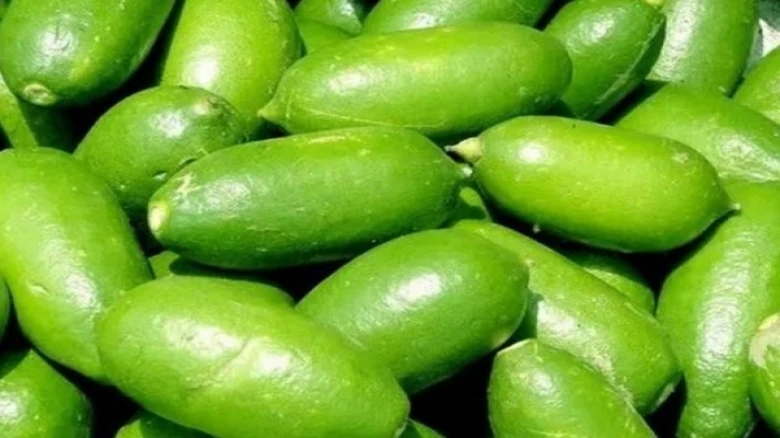Assam's lemon history began in 1956 when a fortunate seedling appeared from the offspring of the Chi-na-kaghi variety...
Digital Desk: Assam's unique lemon, which has long been an essential table fruit in households throughout North East India, is now facing concerns over its genetic diversity.
Because of their distinct flavour and aroma, Assam's lemons are exported out of India and have become well-known in international markets. But a group of scientists, headed by Gauhati University Assistant Professor Sofia Banu, have raised concerns about the possibility of losing the lemon's natural biological characteristics.
Speaking to the media, Assistant Professor Sofia Banu said that their research, which included lemon samples from 97 distinct places, suggests that Assam's lemon populations may be genetically diverse. 510 samples from these sites were subjected to a thorough genetic diversity analysis, which produced some fascinating results regarding the populations of lemons in Assam.
She further stated, "There is a high probability that the samples studied are not exact clones of the parent plant, but rather that they arose independently as another chance propagates. Since hybridization is a natural propensity of citrus species, we have advised that each current population must be protected as part of an all-encompassing management approach to maintain the lemon's unique features and characteristics."
Sofia Banu emphasized that in-situ conservation methods should be the main priority for the preservation of Assam's lemons. The new study lays the groundwork for upcoming efforts to preserve and breed this priceless lemon cultivar. It can help farmers and breeders choose genetically varied plants for breeding initiatives, encouraging the long-term use of this unusual fruit.
Assam's lemon history began in 1956 when a fortunate seedling appeared from the offspring of the 'Chi-na-kaghi' variety, which was collected from the village of Hahchora in the Sivasagar area of eastern Assam. The result of this fortunate finding is the Assam lemon, which is renowned for having a unique flavour and perfume that sets it apart from other lemon kinds.
Sofia Banu, along with Raja Ahmed and Suraiya Akhtar from Gauhati University's Department of Bioengineering and Technology, conducted research that was published in 'Genetic Resources and Crop Evolution' and caught the interest of Nature India.
Owing to its popularity throughout the world, an export shipment of over 600 kg of Assam lemons was received by London, United Kingdom.

Leave A Comment